Supply Chain Management 101

Meeting the Challenge of Supply Chain Agility
This is the first in a series of blog posts based on the applied research report, “Meeting the Challenge of Supply Chain Agility,” by the research team of Bruce Behn, Pradeep Charath, Paul Ditmann, and Dan Pellathy.
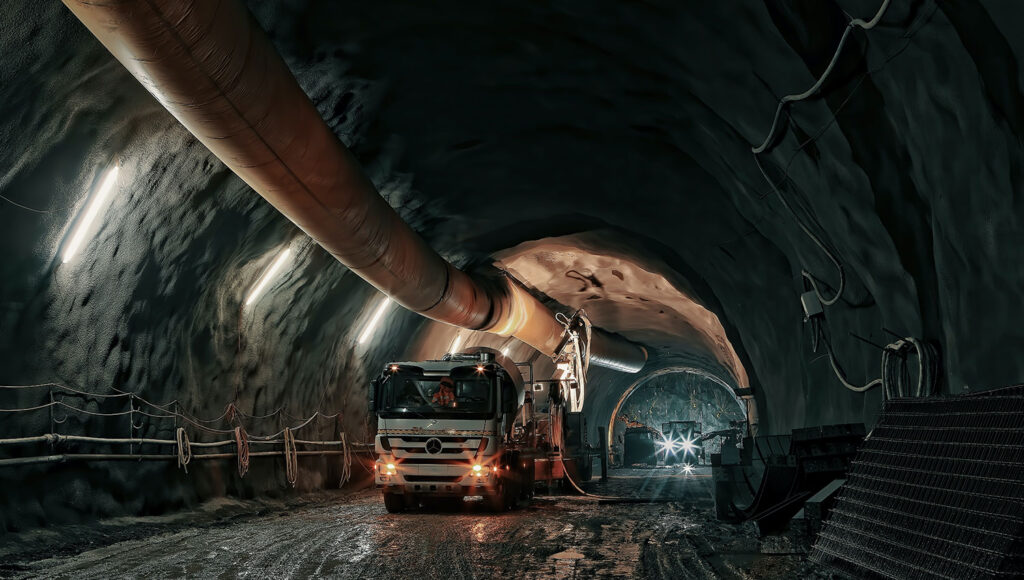
Will China Restricting Metal Exports Bring on a New Era for Mining in North America?
This post is the fifth in the series Raw Materials and Natural Resources in the Supply Chain, which explores the understudied and often misunderstood processes for sourcing natural resources used as raw materials by the industries that make the products we buy every day.
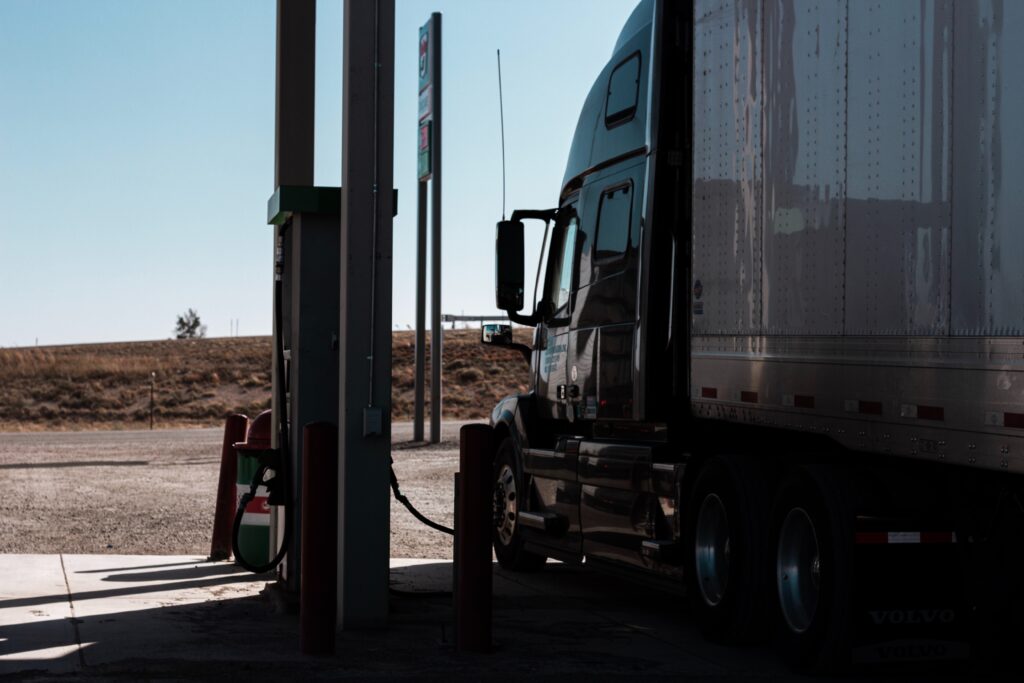
A Better Approach for Calculating Scope 3 Truck Emissions
In the first article of this two-part series, Alex Scott, a transportation researcher with more than two decades in the trucking industry, examined current standards for measuring truck emissions. Here he shares a science-based, data-driven method for improving how Scope 3 truck emissions are measured.
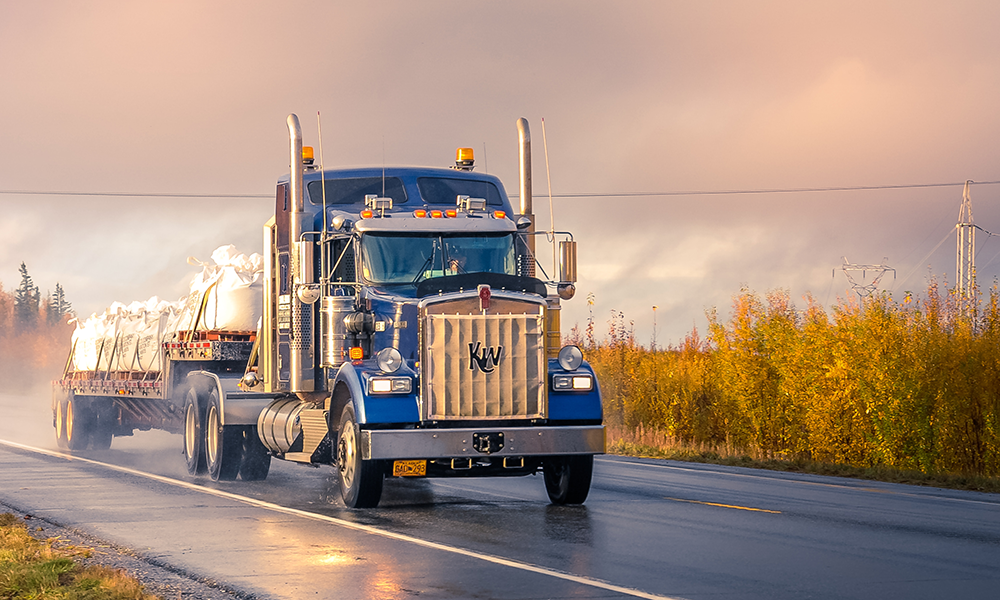
Measuring Scope 3 Truck Emissions
Companies may soon be required to measure and report greenhouse gas emissions across their supply chains. The first article in this two-part series examines current standards for measuring truck emissions. In the second article, Alex Scott, a transportation researcher with more than two decades in the trucking industry, recommends a science-based, data-driven method he’s developed for improving how scope 3 truck emissions are measured.

Understanding our Apples: Renewable Natural Resource Supply Chains
This post is the fourth in the series, Raw Materials and Natural Resources in the Supply Chain, which explores the understudied, and often misunderstood, processes for sourcing natural resources that are used as raw materials by the industries that make the products we buy every day.
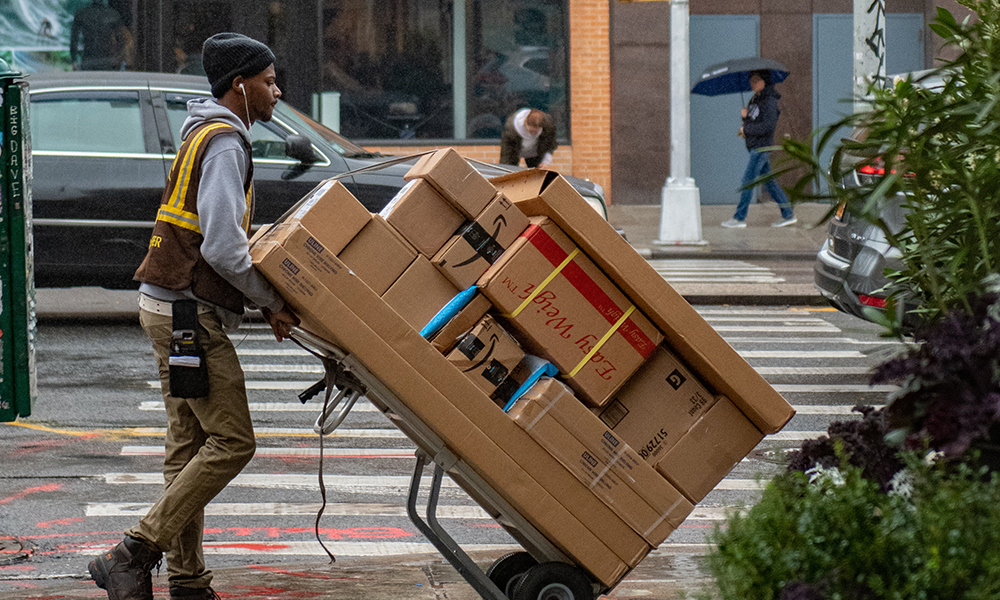
The Next Shift: Returns and Non-Economic Considerations Take Center Stage
This is the final post in a three-part blog series about research conducted into last-mile and reverse logistics by GSCI Fellow Alan Amling and GSCI co-faculty director Tom Goldsby. In the first two blog posts of this last-mile series, we unveiled the future of e-commerce delivery. In this post, we focus on the return leg.

Innovation in Last-Mile Fulfillment and Delivery
This post is the second in a three-part blog series about research conducted into last-mile and reverse logistics by GSCI Fellow Alan Amling and co-faculty director Tom Goldsby. Read the first post, "The Big Shift in E-Commerce Logistics."
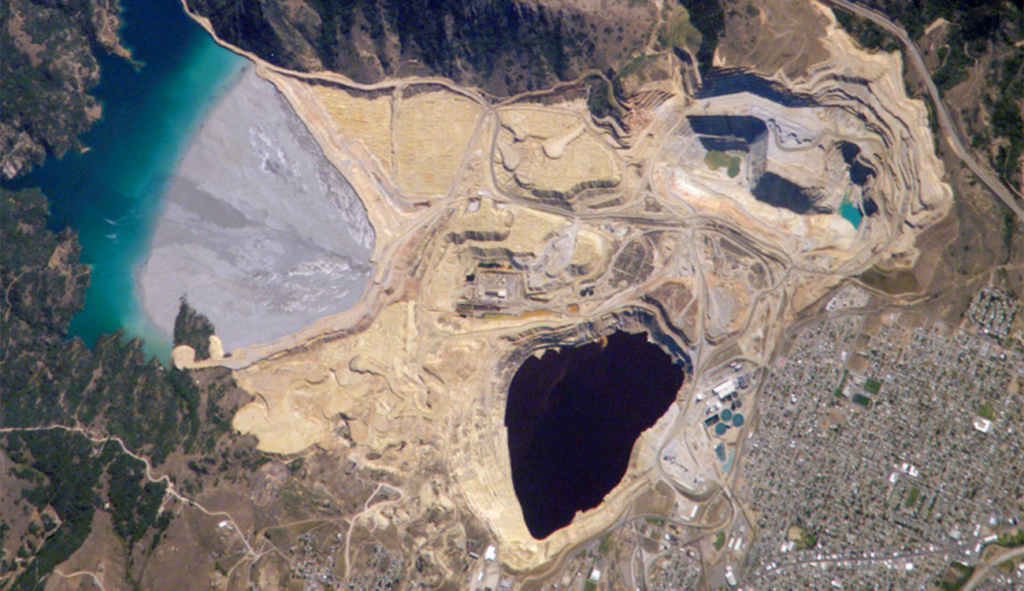
Closing the Loop on Rare Earths
This post is the third in the series, Raw Materials and Natural Resources in the Supply Chain, which explores the understudied, and often misunderstood, processes for sourcing natural resources that are used as raw materials by the industries that make the products we buy every day. Read the first post about the dilemma farmers face in how to use their land. The second post explored the challenge of reshoring raw materials supply.
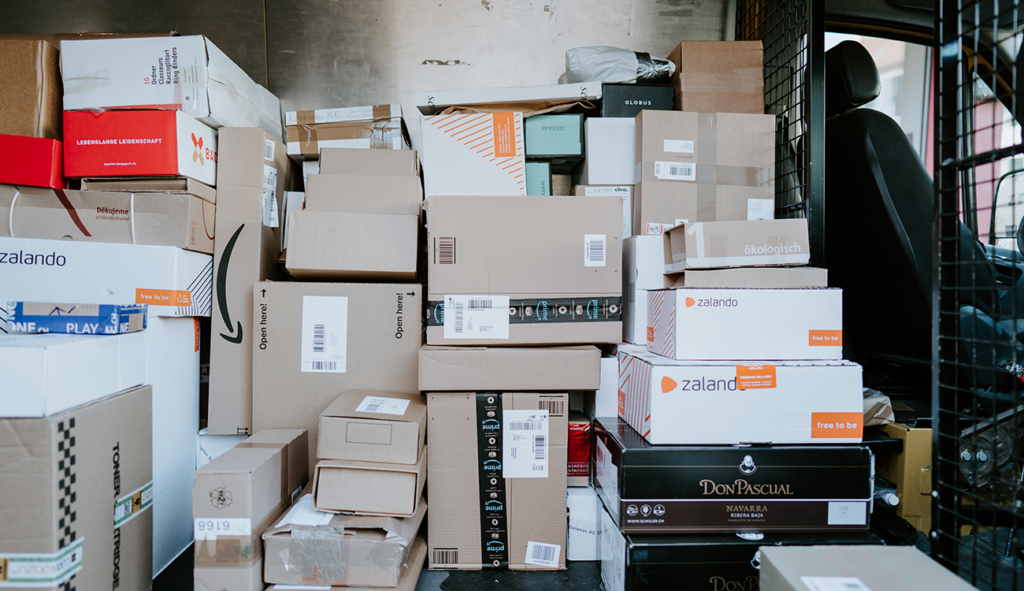
The Big Shift in E-Commerce Logistics
This post is the first in a three-part blog series about research conducted into last-mile and reverse logistics by GSCI Fellow Alan Amling and co-faculty director Tom Goldsby. Download the full white paper now.
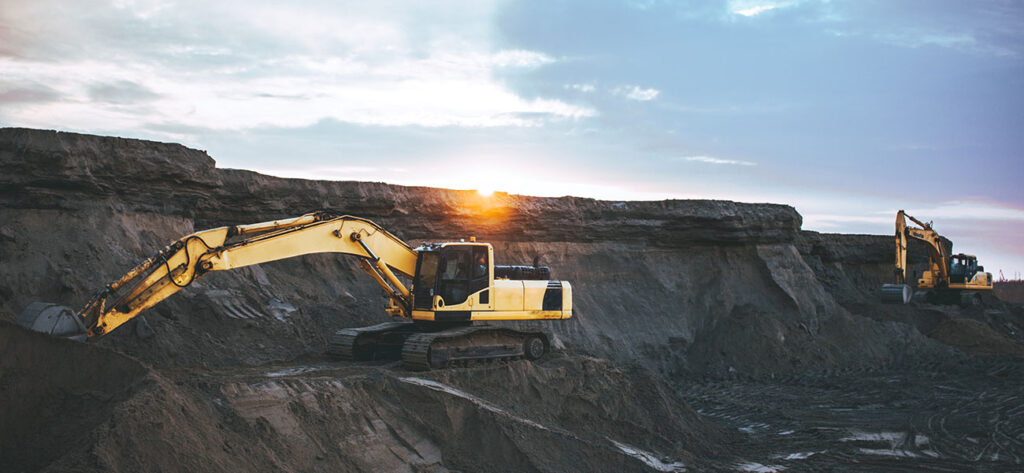
The Miner’s Dilemma: Can We Simply Reshore Our Raw Materials Supply?
This post is the second in the series Raw Materials and Natural Resources in the Supply Chain, which explores the understudied, and often misunderstood, processes for sourcing natural resources used as raw materials by the industries that make the products we buy every day. The first post discussed the dilemma farmers face in how to use their land.